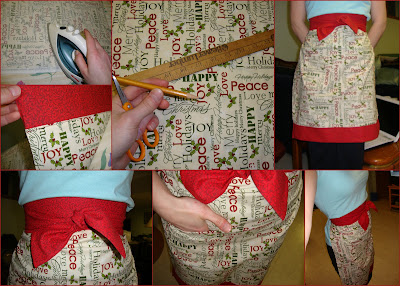The next step in my career quest is making that professional résumé tailored for PR. Up until this point I have used the same résumé throughout university and just updated it as things have changed. This approach has successfully gotten me a job each summer, but now that I know I want a job in PR I need a résumé that is specific, detailed and relevant. PR relies on writing ability and I have been told that my résumé is the first chance to show this skill and make a first impression.
Making a good résumé can be quite a task, especially if like
me you are obsessed and constantly changing it every week, just tweaking words
here and there. But there are certain elements that every good résumé will have
and I have learned quite a bit that I will share you.
First, some people have suggested that I not include an objective.
If you don’t feel great about your
objective you may be better off leaving it out, but as for myself, my goal is defined
and highlights my ambition. Employers look to see if the candidate is
ambitious, proactive and engaged in continuous learning, so my objective is one
of the ways I let them learn that about me.
Moving on to the skills section – the one I spent the most
time on and have reviewed endlessly. This section requires correct wording, it’s
almost a science. This is because a lot of organizations use software to search
through résumés and weed out the ones that don’t meet certain criteria. I have
spoken to recruiters and they want to see that you have tailored your résumé to
the job posting. This means using key words that are easy to find. I actually
find this part has been challenging but rewarding to work through.
One of the most satisfying moments in my life was putting that
I had completed my university education and received my degree. Yay! Finally. You’ll
want to add your education by what is most recent, for me that would be my
postgraduate program. Again I can’t wait to write that I have completed this. I
actually have found out recently that there actually is a preference for a
university degree and a postgraduate PR certificate among employers (more specifically
for PR agencies). That being said, they do not look for specific educational
backgrounds and the name of the school is not important, this is good news if
you have a background that isn’t communications.
Next is volunteer experience, something that I have already
covered. Volunteer will really complete your résumé and give you that finishing
touch. Finally you can add other sections like accomplishments or awards. Just
make sure that your résumé works for you, don’t try to copy someone else’s.
Another thing that I’ve done in working on my résumé is I
have asked numerous people to look at it and edit it. This will reduce the risk
of errors and weak spots. It will also help me understand what others learn about
me from my résumé, since they are providing an outside opinion. When you stare
at your résumé for as many hours as I do trying to perfect it, another person’s
opinion can shine a light on something you didn’t see yourself.
Well there you have it. This is some of the things I have
learned and done with my résumé. This is an important step because it will help
you in the next one – finding an internship!
Here are some resume writing links for PR



